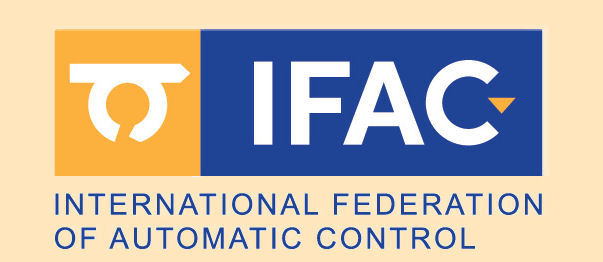| Paper WeAT2.1
Borsboom, Olaf (Eindhoven University of Technology), Salazar, Mauro (Eindhoven University of Technology), Hofman, Theo (Technische Universiteit Eindhoven)
Electric Motor Design Optimization: A Convex Surrogate Modeling Approach
Scheduled for presentation during the Regular Session "Modeling and Simulation Tools for Vehicular Systems" (WeAT2), Wednesday, August 31, 2022,
10:00−10:20, Pfhal Hall 140
10th IFAC International Symposium on Advances in Automotive Control, August 28-31, 2022, Columbus, Ohio, USA
This information is tentative and subject to change. Compiled on April 18, 2024
|
|
| Keywords Optimal design and control of XEV, Modeling and control for electric and electro-magnetic components, Transmissions, brakes, steering, suspension systems
Abstract
This paper instantiates a convex electric powertrain design optimization framework, bridging the gap between high-level powertrain sizing and low-level components design. We focus on the electric motor and transmission of electric vehicles, using a scalable convex motor model based on surrogate modeling techniques. Specifically, we first select relevant motor design variables and evaluate high- fidelity samples according to a predefined sampling plan. Second, using the sample data, we identify a convex model of the motor, which predicts its losses as a function of the operating point and the design parameters. We also identify models of the remaining components of the powertrain, namely a battery and a fixed-gear transmission. Third, we frame the minimum-energy consumption design problem over a drive cycle as a second-order conic program that can be efficiently solved with optimality guarantees. Finally, we showcase our framework in a case study for a compact family car and compute the optimal motor design and transmission ratio. We validate the accuracy of our models with a high-fidelity simulation tool and calculate the drift in battery energy consumption. We show that our model can capture the optimal operating line and the error in battery energy consumption is low. Overall, our framework can provide electric motor design experts with useful starting points for further design optimization.
|
|


 This site is protected by copyright and trademark laws under US and International law.
This site is protected by copyright and trademark laws under US and International law.